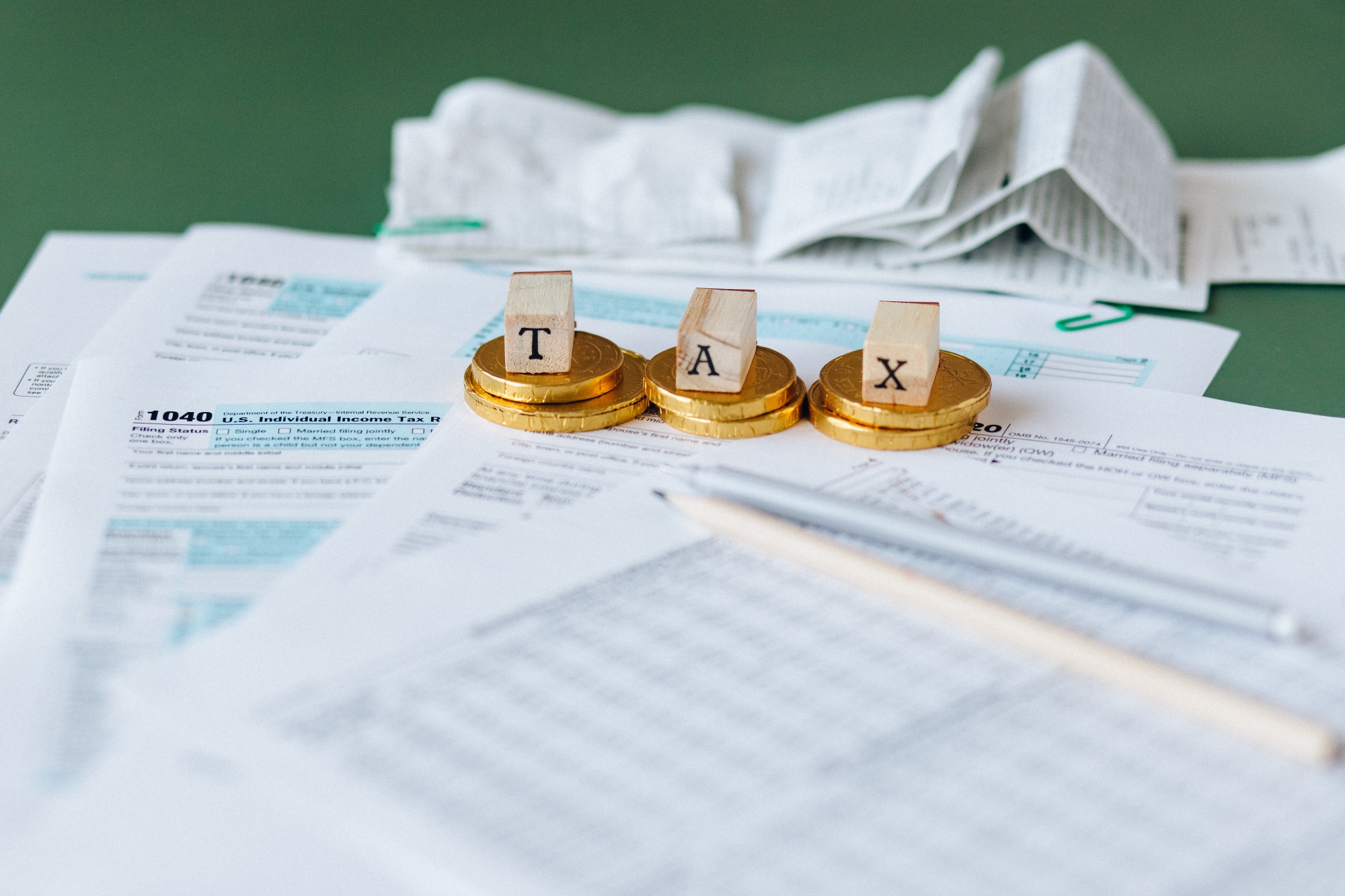Three years on, we need to relax cannabis regulation

Three years ago Sunday (October 17, 2018), Canada legalized adult-use recreational cannabis. The Trudeau government deserves credit for making this happen, as most Canadians had for some time believed that the consequences of prohibition outweighed whatever negatives would arise from legalization. That said, the Cannabis Act is now three years old, and it needs to be amended to make the legal cannabis market more consumer- and patient-friendly.
A good first step would be to remove “CBD” products from the Cannabis Act altogether. CBD stands for “cannabidiol,” a chemical found mainly in hemp, which itself is low in THC. On its own, CBD has a variety of medicinal and wellness uses. CBD is used to treat seizures, joint pain and inflammation, and as a sleep aid. Because CBD products are not psychoactive and have a significantly lower risk profile they shouldn’t be regulated the same as cannabis products containing THC. Any CBD product with a THC concentration of less than 0.3 per cent (the U.S. legal standard) should be treated as a natural health product. Moving away from the “one size fits all” approach would help make Canada’s legal cannabis market more consumer-friendly in a number of ways.
On the industry side, removing CBD products from the Cannabis Act could help reduce the current glut of over one billion grams of cannabis. Freeing the CBD market from the Act would allow producers with too much cannabis on their hands to simply extract the THC and make CBD products.
Reform of the Act should also address the excise tax system for cannabis. Medical cannabis should be exempt, period. We don’t have extra taxes for other medicines. Why this one? Removing the tax may also have the benefit of encouraging medical patients to purchase legal medical cannabis, rather than be pushed into growing their own with a Health Canada permit, an avenue that has regularly been found to be supplying the illicit market.
For recreational users, the $1/gram excise tax should be replaced with a floating percentage. The minimum excise of $1/gram artificially inflates prices, limits the availability of discount brands, and hurts the craft cannabis industry. More competition on price would obviously benefit consumers, but it would also help chip away at black market sales, which are still running at $750 million a year.
Finally, the act should be amended so that the rules for cannabis marketing and promotion are the same as those for alcohol. A legal cannabis brand should be allowed to sponsor events, advertise more broadly, creatively brand its packages, use spokespeople or endorsements, and provide discounts and other inducements for sales — all of which are allowed for alcohol.
To their credit, some provinces have done what they can to make their legal cannabis market more consumer friendly. Ontario, for example, has made significant progress in expanding retail access, and has just committed to permanently legalizing curbside pickup and delivery for cannabis retail stores. These changes at the provincial level are in large part why legal cannabis sales surpassed illegal sales for the first time in the third quarter of 2020.
The provinces seem to be committed to expanding consumer access. With the Cannabis Act now three years old, it’s time for the federal government to step up, too.
420 Intel is Your Source for Marijuana News
420 Intel Canada is your leading news source for the Canadian cannabis industry. Get the latest updates on Canadian cannabis stocks and developments on how Canada continues to be a major player in the worldwide recreational and medical cannabis industry.
420 Intel Canada is the Canadian Industry news outlet that will keep you updated on how these Canadian developments in recreational and medical marijuana will impact the country and the world. Our commitment is to bring you the most important cannabis news stories from across Canada every day of the week.
Marijuana industry news is a constant endeavor with new developments each day. For marijuana news across the True North, 420 Intel Canada promises to bring you quality, Canadian, cannabis industry news.
You can get 420 Intel news delivered directly to your inbox by signing up for our daily marijuana news, ensuring you’re always kept up to date on the ever-changing cannabis industry. To stay even better informed about marijuana legalization news follow us on Twitter, Facebook and LinkedIn.




